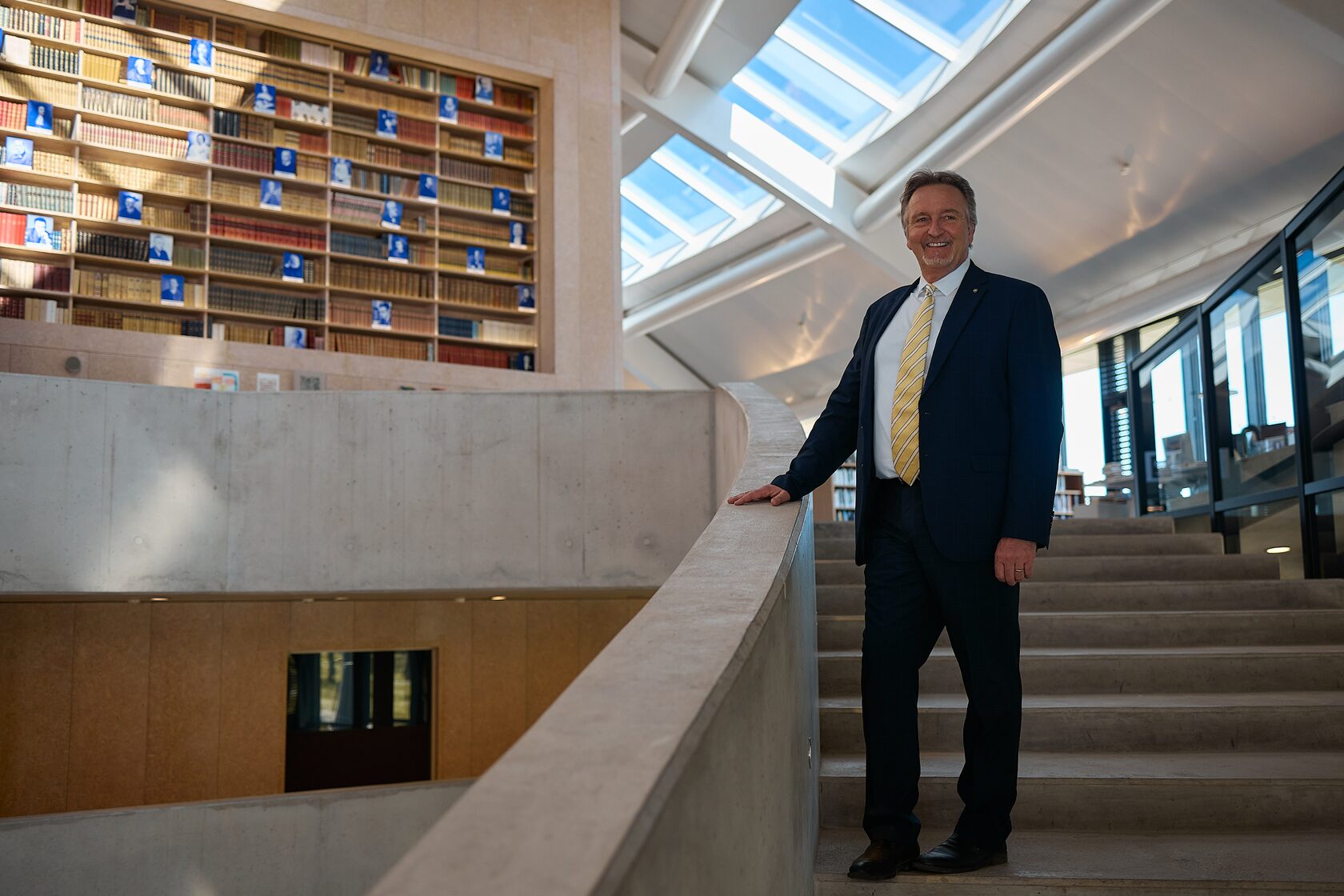There are few schools in the world with the mystique, history, and global reputation of Institut Le Rosey. Often referred to as one of the most prestigious schools of the world, Le Rosey carries a name that conjures images of old-world tradition, winter campuses in Gstaad, and students fluent in more than just languages. But behind the prestige and mythology is a school grounded in transformation—not only for its students but for the people who guide them. One of those figures is Patrick Zürcher, the Director of Admissions, who has been a part of Le Rosey for nearly four decades.
To say he knows the school would be an understatement. He was born into it—literally brought home to campus at two days old. His parents worked at Le Rosey, and he would go on to attend the school himself as a student before returning as a teacher, housemaster, and eventually, the person tasked with shaping its future student body. Today, as Director of Admissions, he carries an intimate knowledge of the school’s past and a clear-eyed vision of its future.
In this rare and extensive conversation, we spoke about the evolution of education, the myths that still cling to Le Rosey, the delicate art of shaping a student body from over 70 nationalities, and what truly makes a candidate unforgettable. We also explored the deeply human moments that shaped his view of young people, and why, after nearly forty years, he still believes in the quiet, radical power of education.
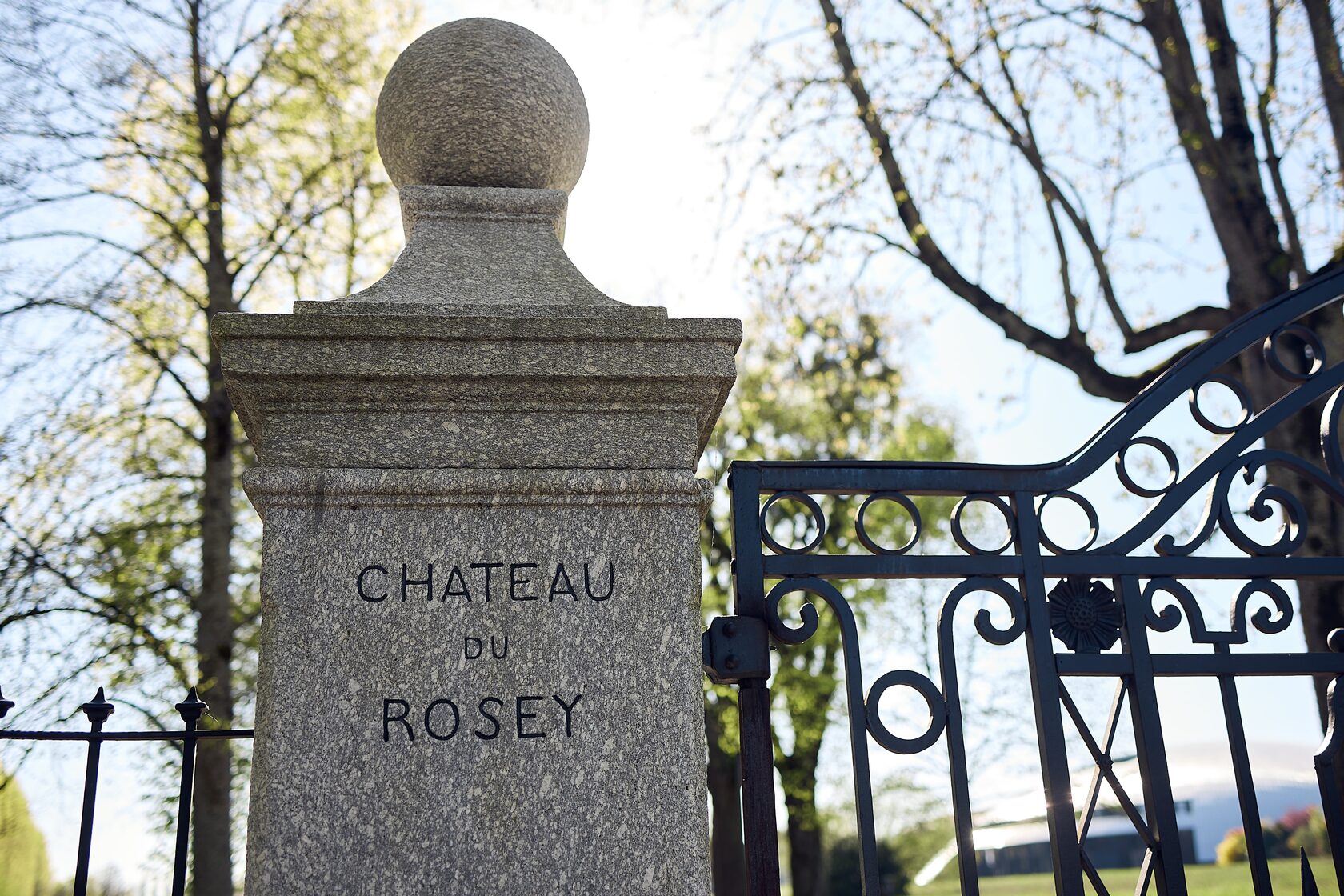
You've been with Le Rosey for over 30 years—what first brought you to the school, and what has kept you here this long?
It's actually been thirty-eight years now. But really, my journey at Le Rosey started long before I became an educator. I arrived here when I was two days old. My parents worked here—my father was a sports director and former professional football player, and my mother worked in hospitality before joining the Rosey community. They were both deeply rooted in the life of the school. So you could say I was born into it. I grew up on campus. I studied here. My earliest memories are of this place, its rhythm, its values.
Ironically, I never intended to go into education. I studied finance in St. Gallen and thought I’d follow a career in banking or insurance. But after university, I wasn’t sure what I truly wanted. I decided to take a gap year—a bit unconventionally, after graduating instead of before. Le Rosey had an opening in student support, and I thought, why not? I knew the school well. One year turned into two. Then I started teaching math, coaching sports, and became a housemaster at just 25. Over time, I realized this was more than just a job. It was a way of life.
Looking back over the decades, how has your personal philosophy on education evolved?
Drastically. In my days as a student, the teacher was the authority. The classroom was the central point of knowledge. If you wanted to learn about the French Revolution or Pythagoras, you relied entirely on what the teacher told you—and maybe a few books at the library, if they were available. There was no easy way to question or cross-reference. It was a linear system.
Today, everything has changed. Knowledge is accessible to anyone with internet. But with that access comes overwhelm. The problem now isn't scarcity of information, it's saturation. So the teacher’s role has fundamentally shifted. We are no longer the gatekeepers of truth. We are guides, mentors, curators. We help students learn how to ask better questions, how to navigate contradictions, how to find their own lens. I often say that the evolution of education remained linear until the arrival of the internet and AI. Since then, it has become exponential.
And that changes everything—not just how we teach, but how we build. Our new educational building, 16,000 square meters, wasn’t just constructed for space. It was a vision, conceived a decade ago, for the kind of learning environment the future would demand. You can’t afford to react anymore. You must anticipate.
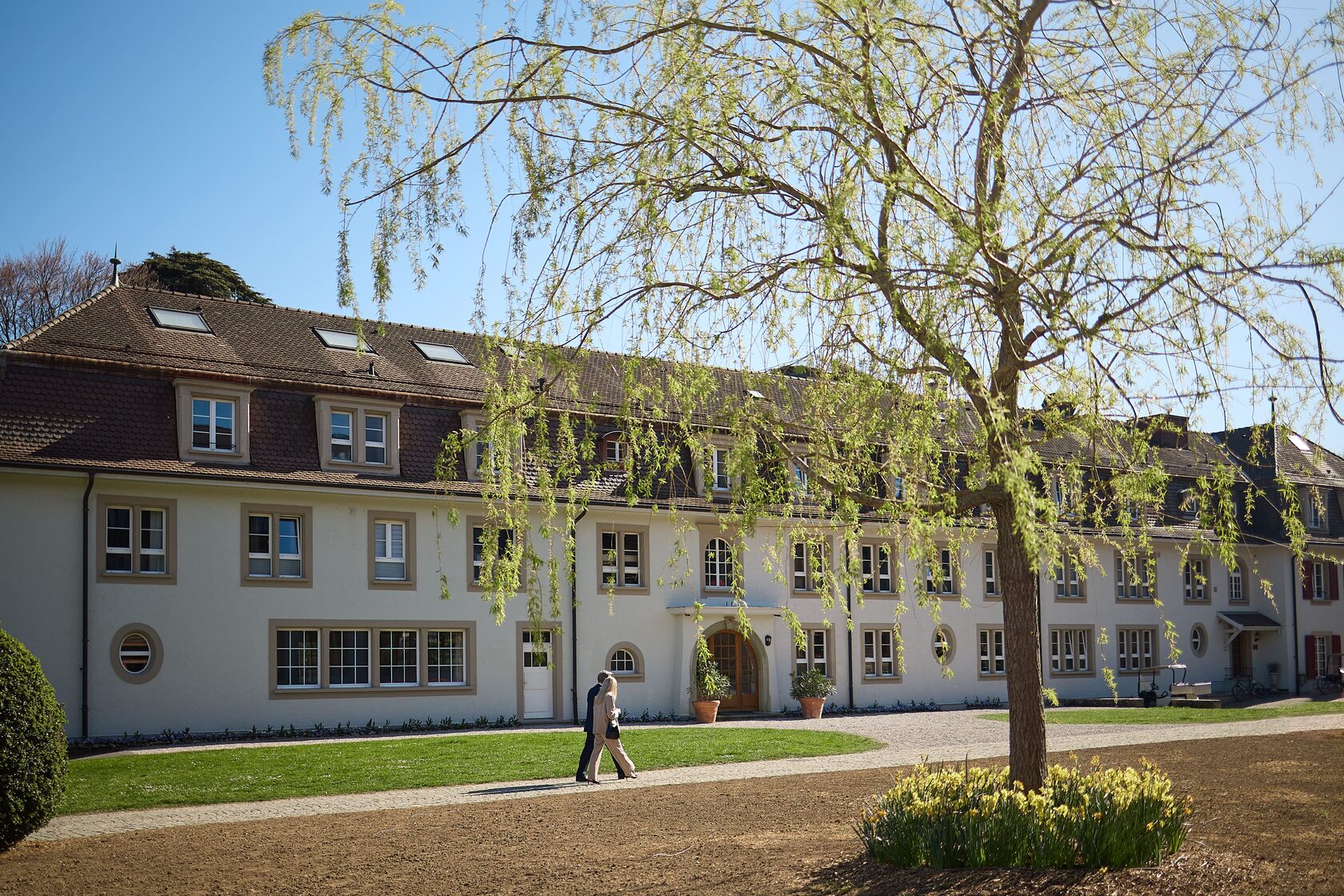
You’ve witnessed enormous global changes. How have they impacted your role?
I’ve seen the world change through the eyes of the school. From the Cold War to the rise of AI, from handwritten letters to instant video calls, everything has transformed. But some things at Le Rosey have remained remarkably consistent. One of them is our commitment to cultural diversity and mutual respect. Even when the world outside feels polarized, our students learn to live with difference.
When I was a student, we were more insular—not by design, but by limitation. Communication was slow. If you wanted to talk to your parents, you wrote a letter and waited weeks. Now students are global from the moment they arrive. They stay connected to their roots and expand outward, forming a network that stretches across the world.
One of the most powerful moments that affirmed this was during the Ukraine conflict. One of our Ukrainian students invited Russian-speaking peers—Ukrainians, Russians, Belarusians—to have a weekly meal together. That wasn't staged or prompted. It came from her. That kind of empathy, initiative, and leadership is why I believe in the potential of young people today more than ever.
Is there a moment in your career that profoundly shaped the way you see young people today?
I’ve had so many of those moments, but one that really stays with me happened not long ago. It involved a student who wasn’t having the easiest time at school—smart, yes, but also restless, resistant to structure, often in trouble. Years later, he returned to campus. He’d become a successful entrepreneur, and not just in terms of money—he was building something meaningful, with purpose. He sought me out, shook my hand, and said, "I understand now. Thank you for being demanding with me."
That moment reinforced what I deeply believe: education isn’t about creating perfect students. It’s about planting seeds. Some bloom right away. Others take years. But when they do, it’s extraordinary.
Today’s students are more connected to the world. They’re more aware, more questioning. But they also face new pressures—identity, speed, distraction. Our job isn’t to shield them from it all; it’s to help them think through it, step into themselves, and find their own compass.
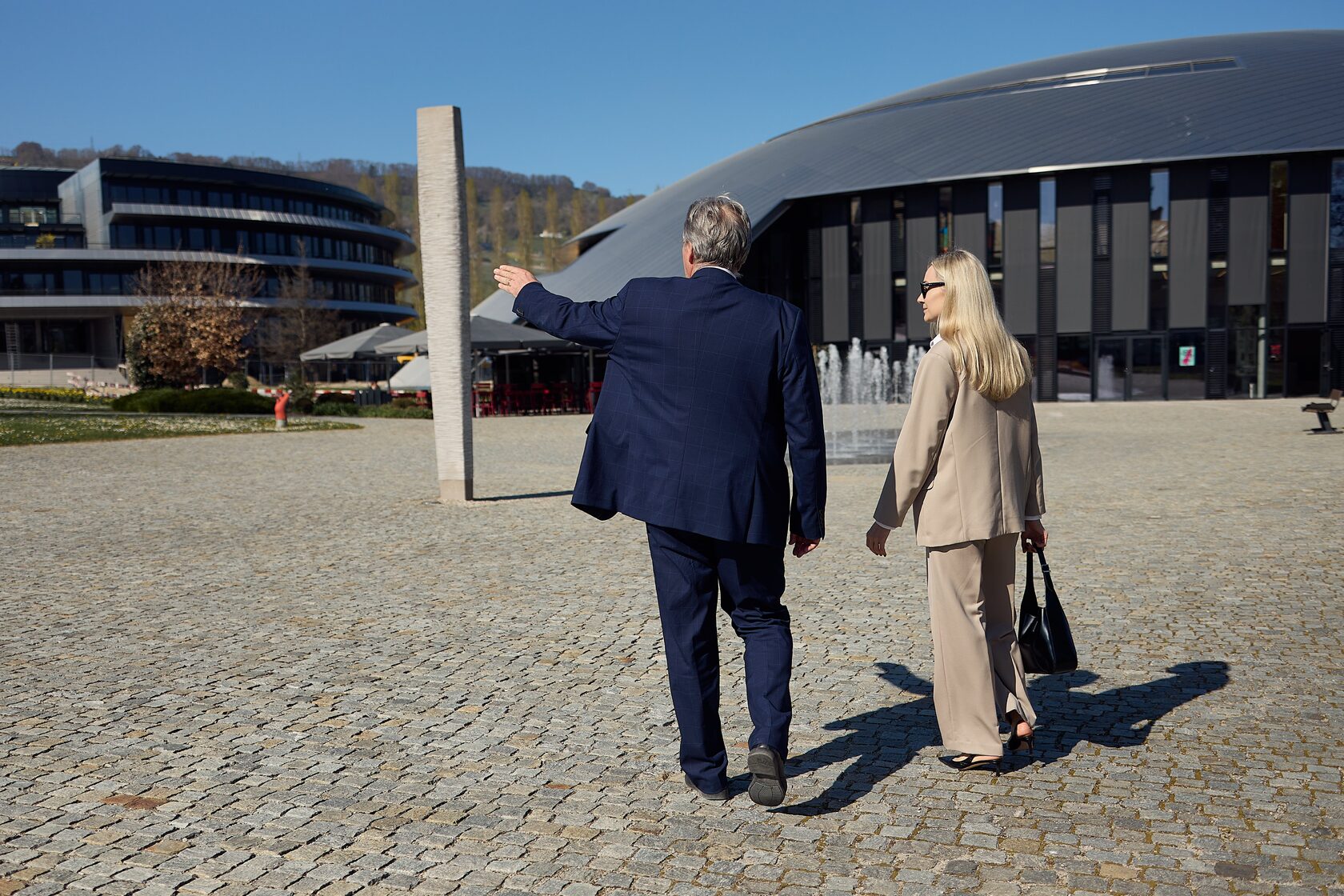
You travel extensively and have spoken passionately about wanting to bring more African students into Le Rosey’s orbit. Can you talk more about this mission?
Yes, and it's something I care about deeply. I often say it’s like a personal challenge. Over the years, besides conventionally traveling to European countries, I’ve also presented the school in India and across Africa—countries like Nigeria, Kenya, and the DRC. My goal isn’t just about geographical representation; it’s about diversifying the types of stories, perspectives, and futures represented at our school.
Africa is a continent with immense potential. Rich in culture, resources, and history—but too often excluded from the global educational conversation. Education is key to breaking cycles. Some people ask me, how can you justify admitting students from countries where poverty is widespread? My answer is simple: this is how you plant the seeds of change. These students, if given the opportunity, will not just excel; they will return home with ideas, values, and leadership that can ripple outward.
It’s not easy. The infrastructure for identifying and supporting promising students from underrepresented areas isn’t always in place. But that’s also why it matters. If we wait for everything to be convenient or polished, we’ll miss our chance to be part of something transformative. I may never see the full results in my lifetime, but I truly believe that the right education, at the right time, can change not just one life—but many.
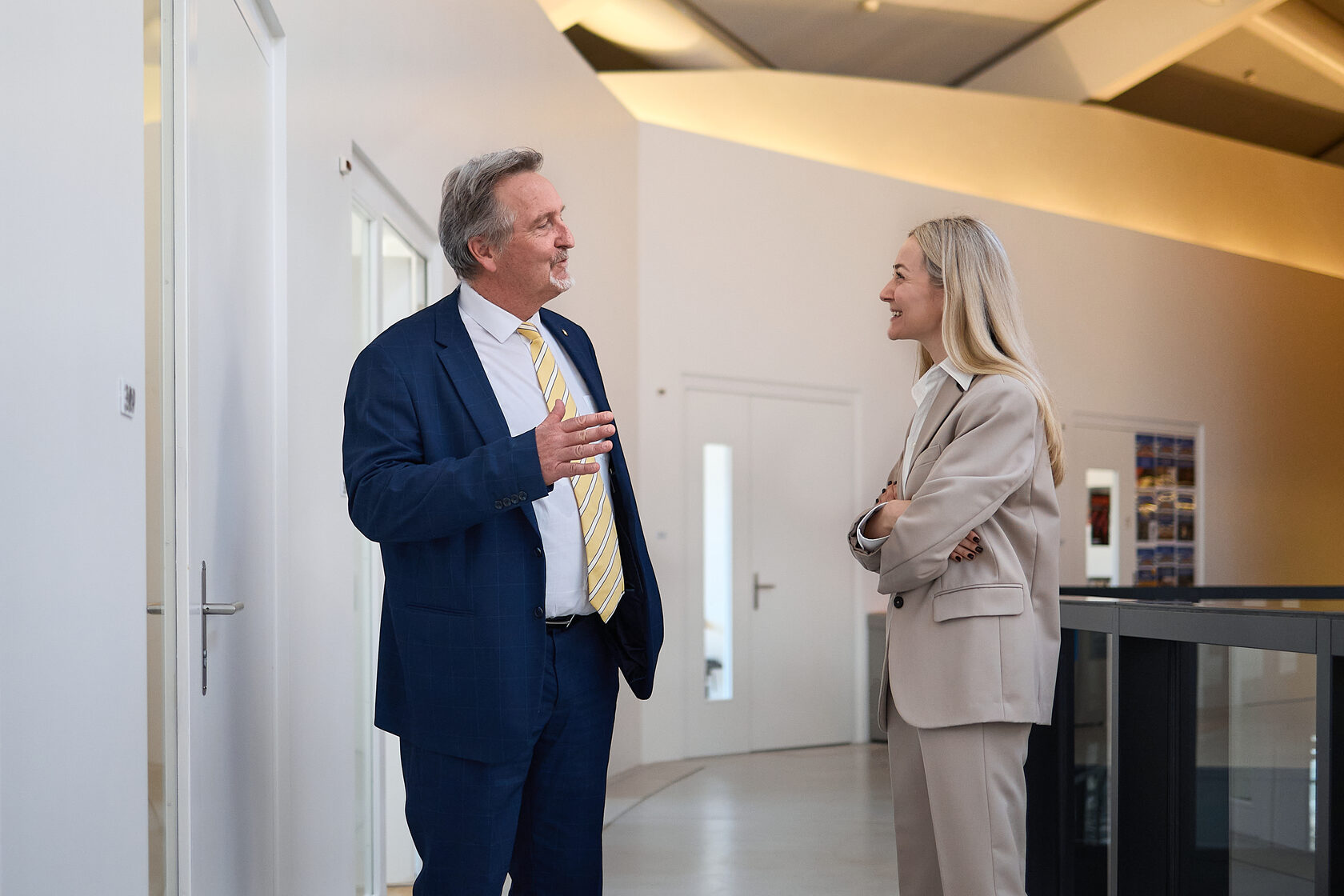
Le Rosey is often described as one of the most prestigious schools in the world. What does prestige mean to you today? Has that meaning evolved?
Absolutely. The meaning of prestige has changed drastically. It used to be tied closely to exclusivity, tradition, and wealth. Today, prestige must be about purpose. About values. About how well we equip students not only to succeed, but to lead with integrity and awareness.
At Le Rosey, we work hard to ensure that prestige is not a shield, but a responsibility. We don’t want our students to simply inherit the world—they need to contribute to it, shape it. It is not enough to simply say you’re going to do something; through your actions you show your commitment. Our motto, which Roséens learn very quickly, is “Actis Virtus”: your acts define who you are.
Every winter, Le Rosey moves its entire campus to Gstaad. What does that experience mean for students—and for you personally?
The seasonal migration to Gstaad is one of Le Rosey’s most unique traditions. For the students, it’s a dramatic change of scenery, yes—but more than that, it’s a shift in mindset. They learn adaptability, balance, and the rhythm of nature. There’s something deeply grounding about learning in the mountains, about having your daily life marked by snowfalls and slopes.
For me, Gstaad is home. I was born nearby, and it’s where I’ve built my life. So when the school arrives each winter, it feels like the campus and my personal world overlap in a very meaningful way. I welcome the students into a place that’s part of my story—and in turn, they make it part of theirs.
With over 70 nationalities represented, how do you maintain a unified culture at Le Rosey without suppressing individuality?
That’s the heart of the Rosey ethos. We don’t want uniformity. We want unity in diversity. We believe that the richness of a community comes not from sameness, but from respectful coexistence.
Our students don’t come here to become someone else. They come here to better understand who they are—by being in dialogue with difference. We create space for their traditions, languages, and perspectives, while encouraging a shared culture of respect, curiosity, and global citizenship.
We’re not building a monoculture. We’re building a mosaic.
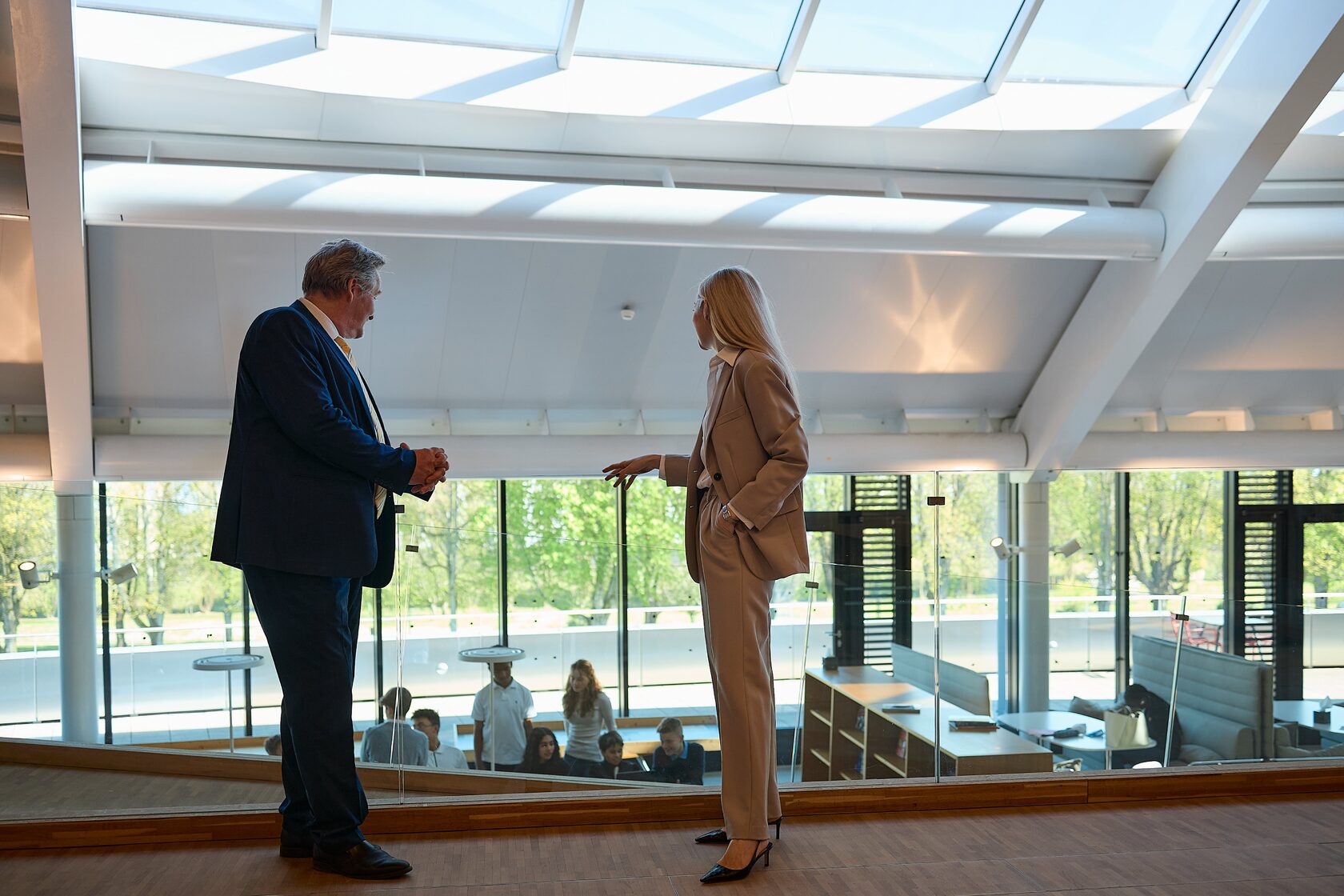
What’s one common myth about Le Rosey that you wish you could debunk once and for all?
That we’re a school for spoiled, rich kids. It’s such a tired—and inaccurate—stereotype. Coming from wealthy families doesn’t mean the children come without values, or that they’re not hardworking, humble, and ambitious.
We have 450 students. The vast majority are down-to-earth, deeply motivated, and aware of their privilege. And they’re using it to grow—not to coast. I always say: values are planted at home, but they’re cultivated here.
You meet hundreds of applicants each year. What makes a candidate truly unforgettable?
It’s never just grades or achievements. It’s something more intangible. Aura. Presence. A certain spark in the eye. A curiosity. An openness.
Sometimes it’s a nine-year-old who just lights up the room. Other times, it’s a teenager who surprises you with how authentically they express themselves. I meet students who don’t fit the mold—and that’s exactly why they stand out. I always remember the ones who aren’t trying to impress but who come as they are, curious and eager to grow.
When reviewing applicants what are you really looking for?
We always ask ourselves: does this student have the core values we want to build on? Are they kind? Curious? Do they have humility? Because without that, and without strong academic roots, there’s not much we can develop. But when that foundation is strong, almost anything is possible.
It is also always worth considering how that candidate might enrich our school community and what we might learn from them. This mutual growth is essential, as it’s not just about what the student gains from being here, but also about what they can bring to the broader school experience.
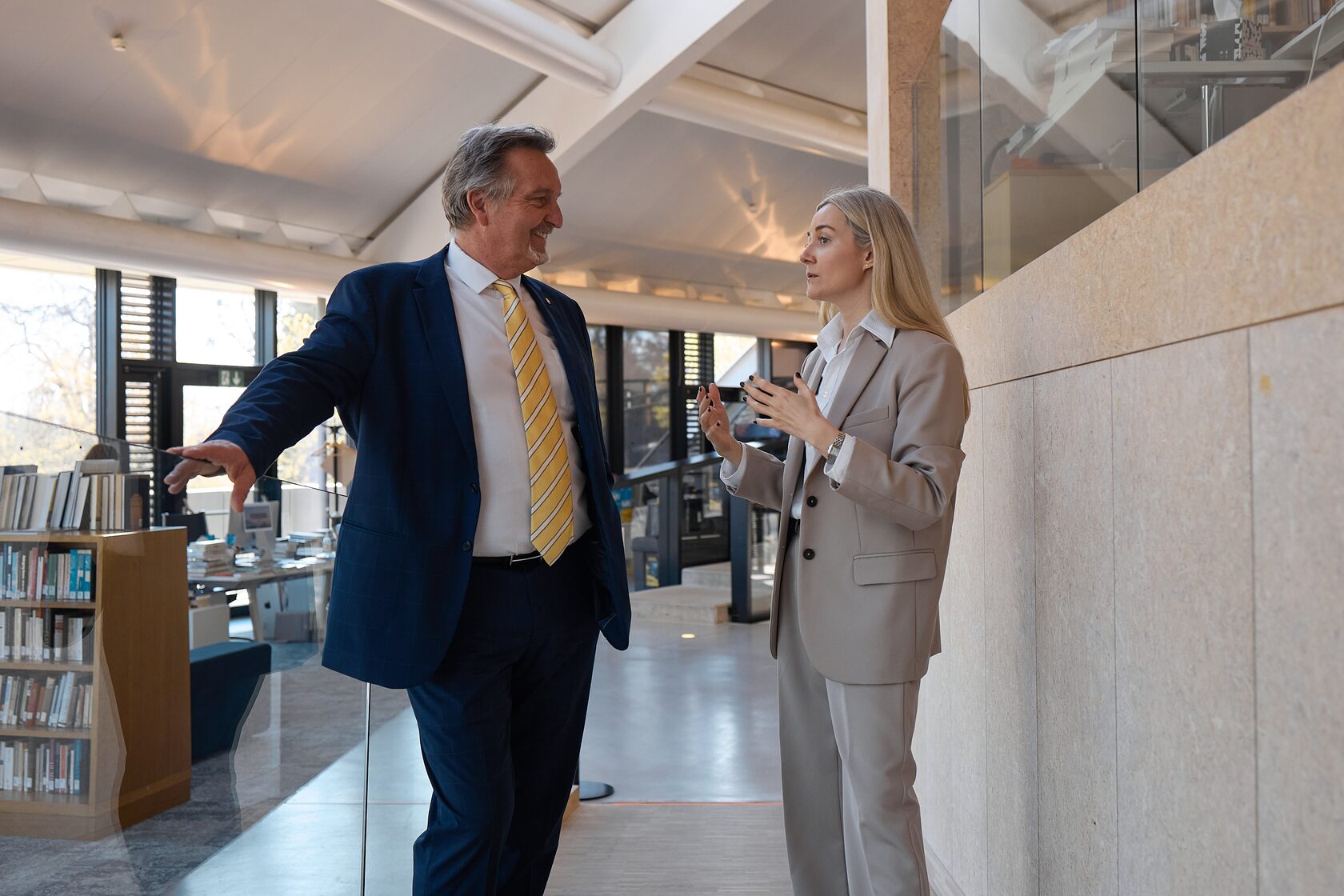
You work with future leaders and changemakers. Do you feel the weight of that responsibility?
I do. We’re not just helping students get into top universities. We’re helping them become the kinds of adults the world needs.
Success, to me, is not about wealth or titles. It’s about impact. How you contribute to your community. Whether you lift others as you rise. That’s what I hope we’re shaping here.
I’ve seen students who struggled go on to build meaningful lives. And that, for me, is the ultimate reward.
How do you foster student initiative and leadership within the school?
One of the things I love is how much is student-led here. We have over 25 active clubs, and any student can start one—provided they rally others to join. It’s not just about showing leadership on paper; it’s about building something real, taking responsibility, working with peers. Whether it's charity, sustainability, sports, or art, the club culture lets students shape the school in their own image.
Do students at Le Rosey have opportunities to step outside their comfort zones?
Absolutely—and that’s essential. Whether through expedition weekends, PHSE life-skills programs, or our global service initiatives, we want students to experience challenge. Not everything should feel easy or curated. Growth comes from friction. From trying something new and failing. From discomfort. And we build that into the culture here intentionally.
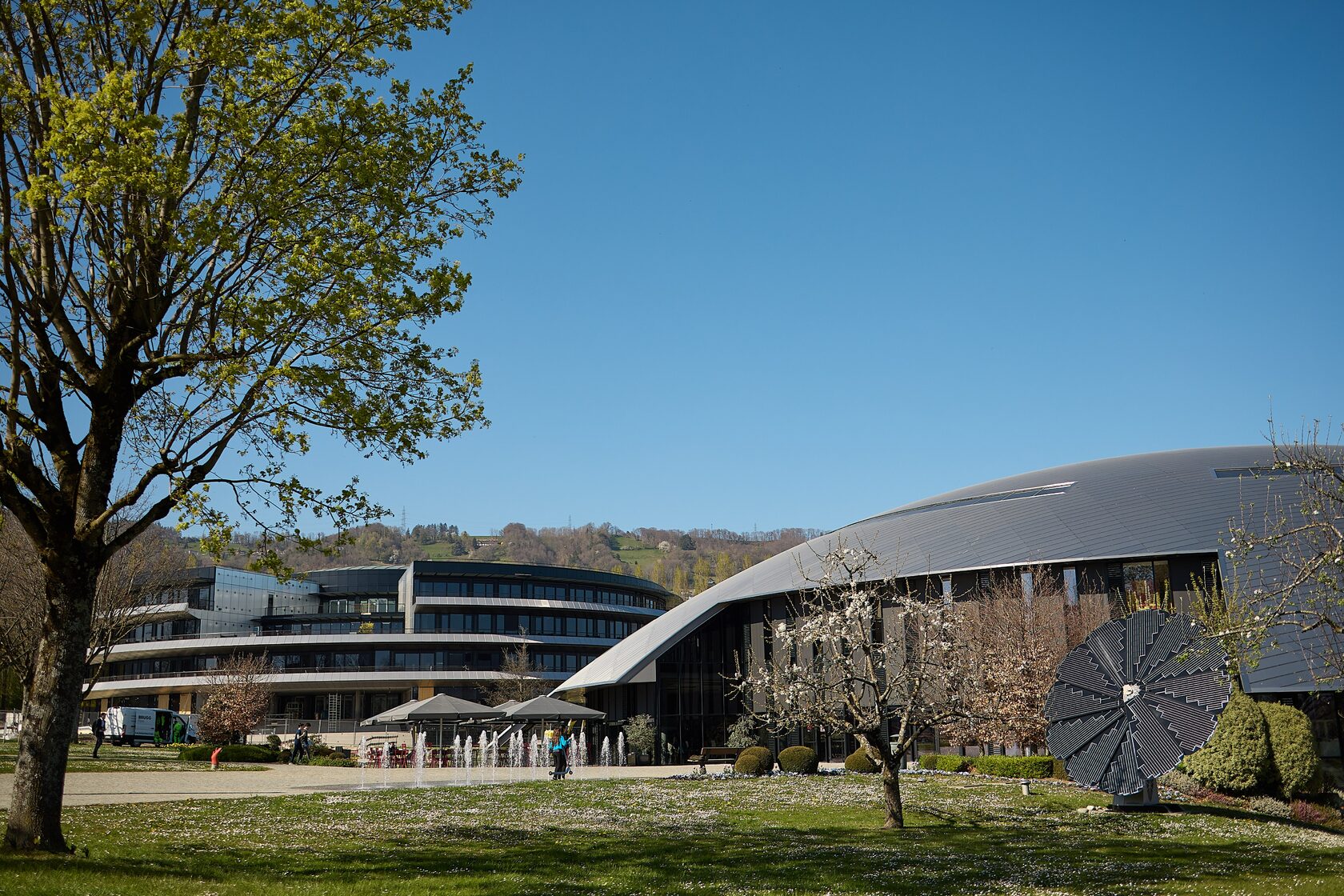
Le Rosey has one of the most far-reaching alumni networks in the world. How do you see its role in the life of the school—and in the lives of its former students?
The alumni community is one of the most extraordinary aspects of Le Rosey. It’s not just a network; it’s a family. When students graduate, they don’t leave the Rosey experience behind—they carry it with them, and often, they return to it in ways they never expected. I’ve seen alumni meet in cities across the world and offer each other help, guidance, mentorship, or just a familiar face.
What’s powerful is the sense of belonging that transcends generations. I’ve witnessed a 75-year-old former student and a recent graduate connect at a dinner in Lisbon as equals. Despite decades apart and radically different experiences of the school, the shared values and identity bring them together like family.
The AIAR—Association Internationale des Anciens Roséens—also does an incredible job keeping the spirit of the school alive. We hold events, mentor current students, and create a lifelong sense of connection. And I often tell new students: this community you’re joining doesn’t end at graduation. In many ways, that’s when it begins.
What advice would you give to students dreaming of joining Le Rosey?
Work hard. Be curious. Be open. Be authentic. If you already have a passion, bring it. If you don’t, come ready to discover one. Try things. Fail. Learn what you love—and what you don’t.
It’s not just about perfection and academics. We’re looking for potential. And most importantly, for students who are ready to engage—not just with academics, but with life.
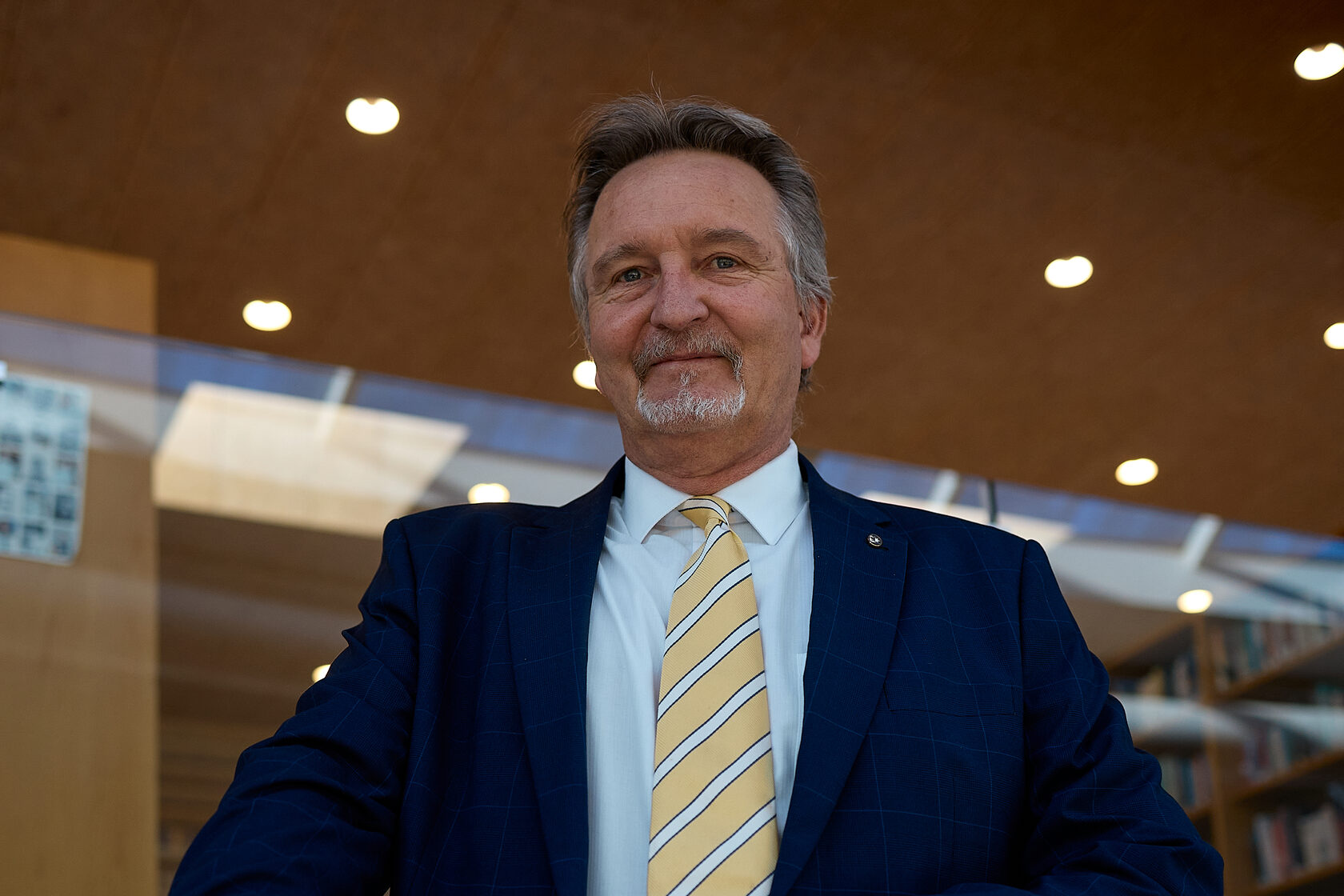
If you had to sum up your life’s work at Le Rosey in a single sentence, what would it say?
I never imagined I’d spend my career here, but I’m proud of it. If I can look back and know that, together with this community, we helped plant seeds for a more curious, more compassionate world—then that’s enough for me.
Photos: Anastasiia Kruhol



